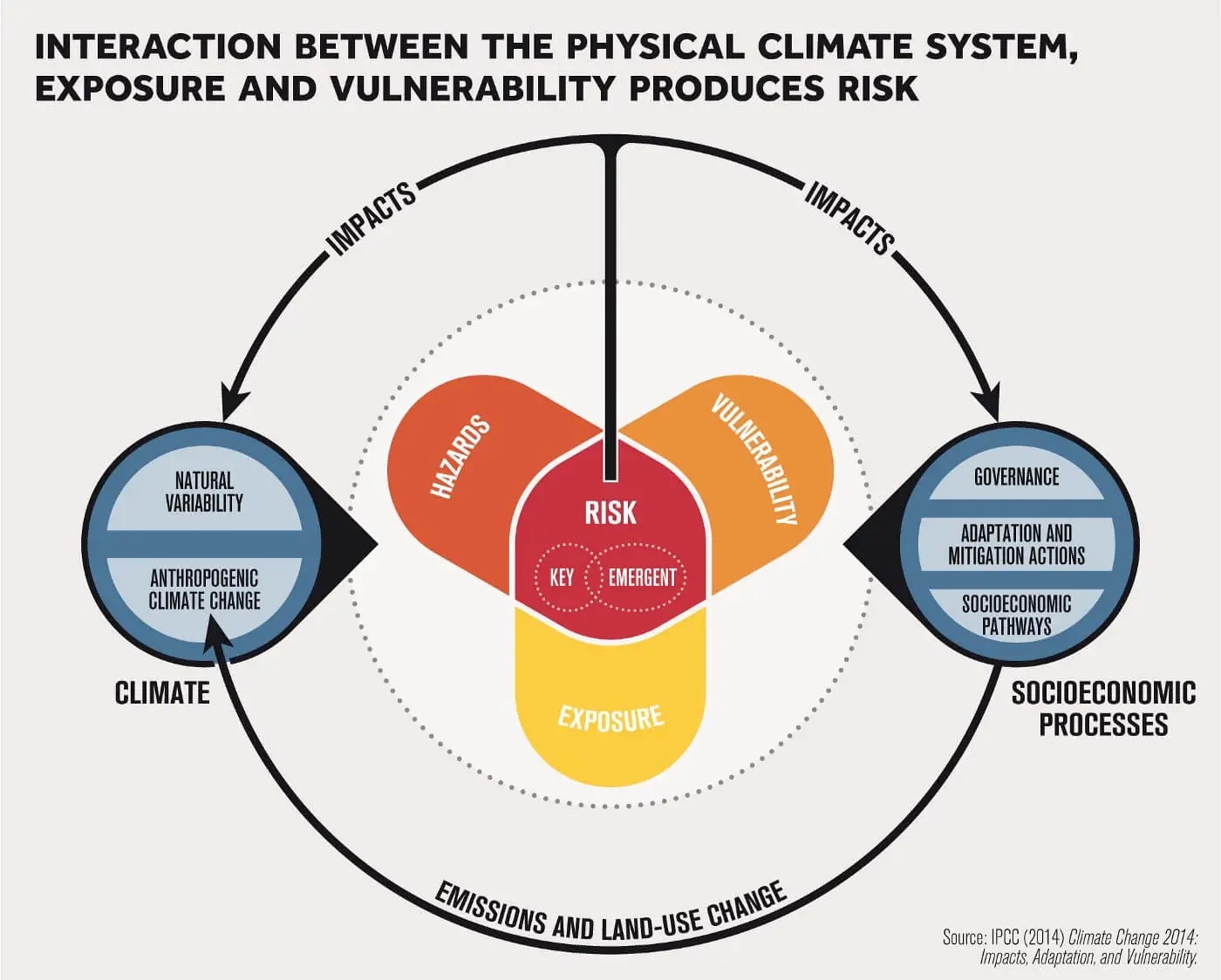Independent of President Biden, in the last year, the world and its institutions have showed further signs of officially taking note of and planning around the material risks associated with climate change.
Severe weather events disrupt supply chains. In sectors like agriculture, for example, an unusual heat wave during flowering can cut down yields, while frequent storms can prevent farmers from getting out in the field + it might affect the distribution of the product. A research paper from 2017 showed that abnormal weather caused disruptions in the operating and financial performance of 70% of businesses worldwide. And those disruptions add up —estimates placed the cost of weather variability at about $630 billion for the U.S. alone. That’s 3.5% of the total U.S. GDP at the time.
Yet severe extreme weather events are likely to become more intense or more frequent from human-caused climate change. In the US, wildfires have already become five times more frequent in California; the Midwest experiences once-in-100-year floods every five years.
Policymakers are taking notice, and many nations have begun to put in place new climate-related regulations that mandate that publicly traded companies disclose their climate risks. France, New Zealand, and the United Kingdom are chief among them.
These regulations have far-reaching impacts across the economy — on asset managers, lenders, insurers, retirement funds, and publicly traded firms. In addition, analysts say that stricter and more comprehensive legislation on climate risk assessment and disclosure is expected, especially in the U.S., European Union, and Japan.
Some of these regulations on the horizon include:
The U.S.
- The U.S. Federal Reserve (the U.S.’ central banking system):Outgoing chair Jerome Powell further stated in November that “climate risk is a material risk” and noted a likely expansion of the Board’s oversight duties to include climate risks. Incoming new chair Janet Yellen called climate change an “existential threat” and will likely implement new financial regulatory policy on climate risks.
